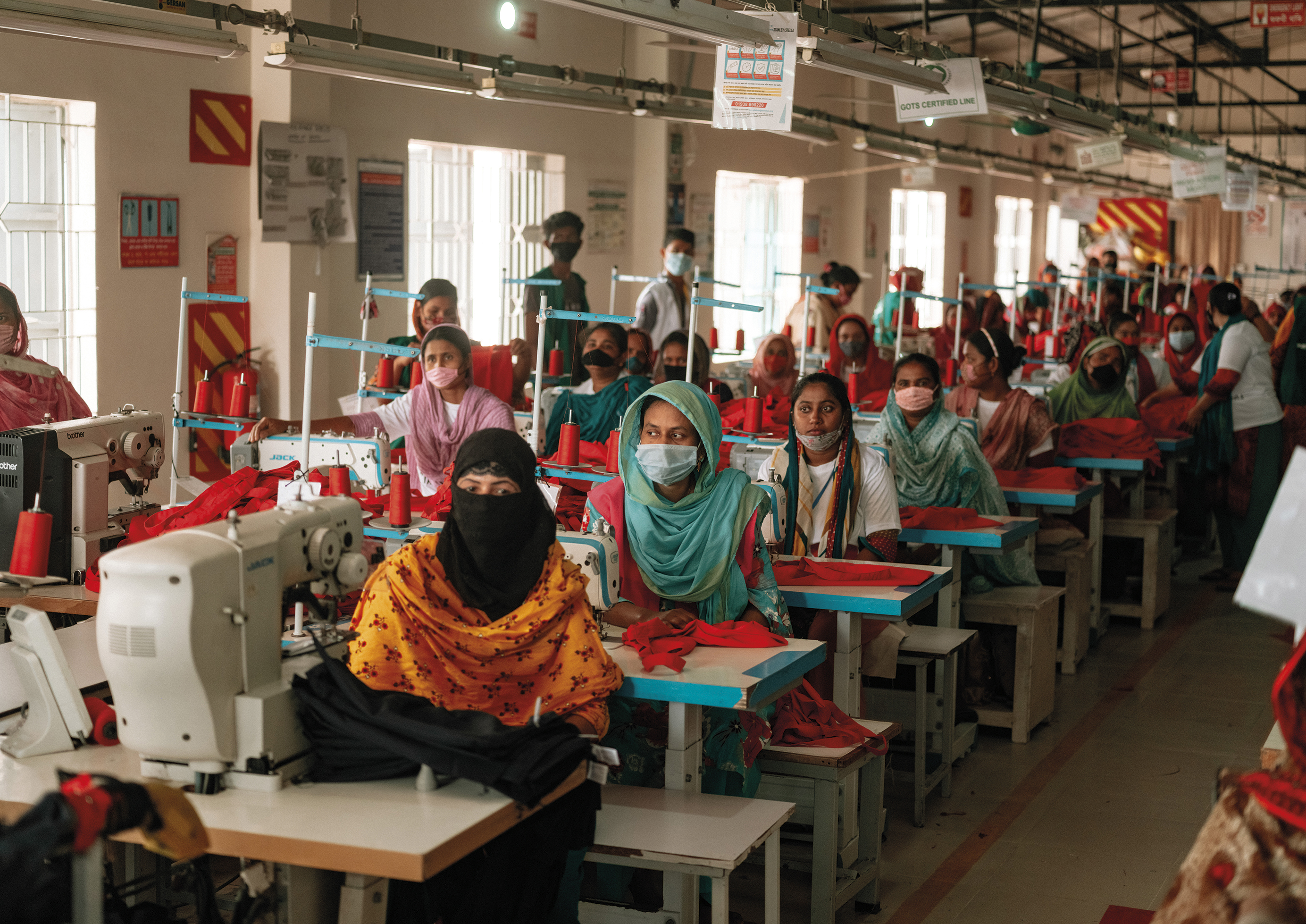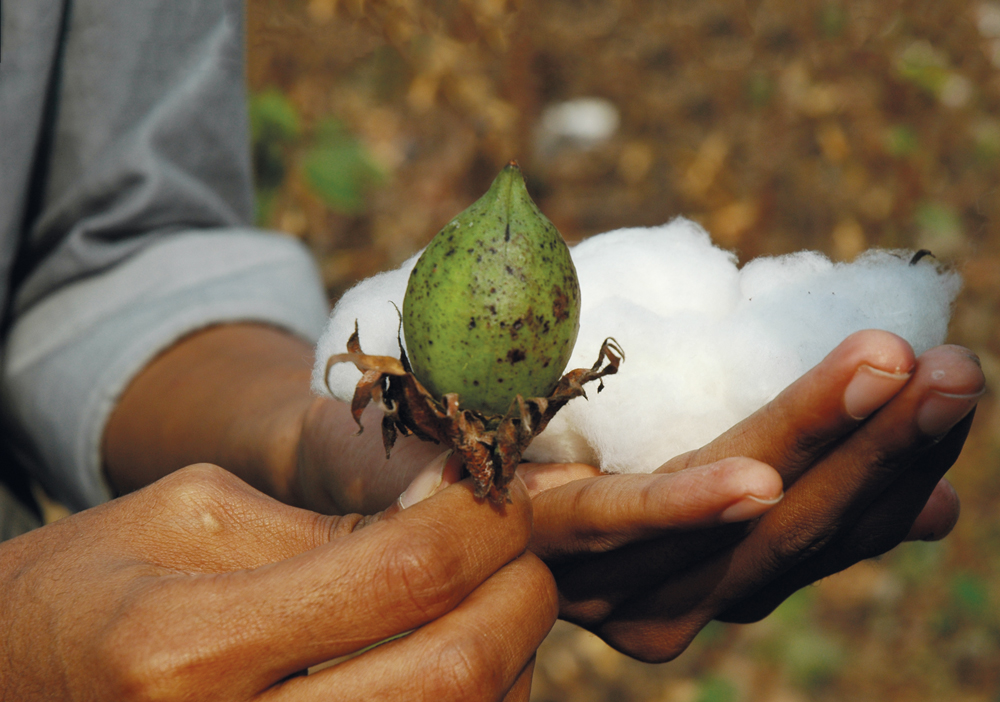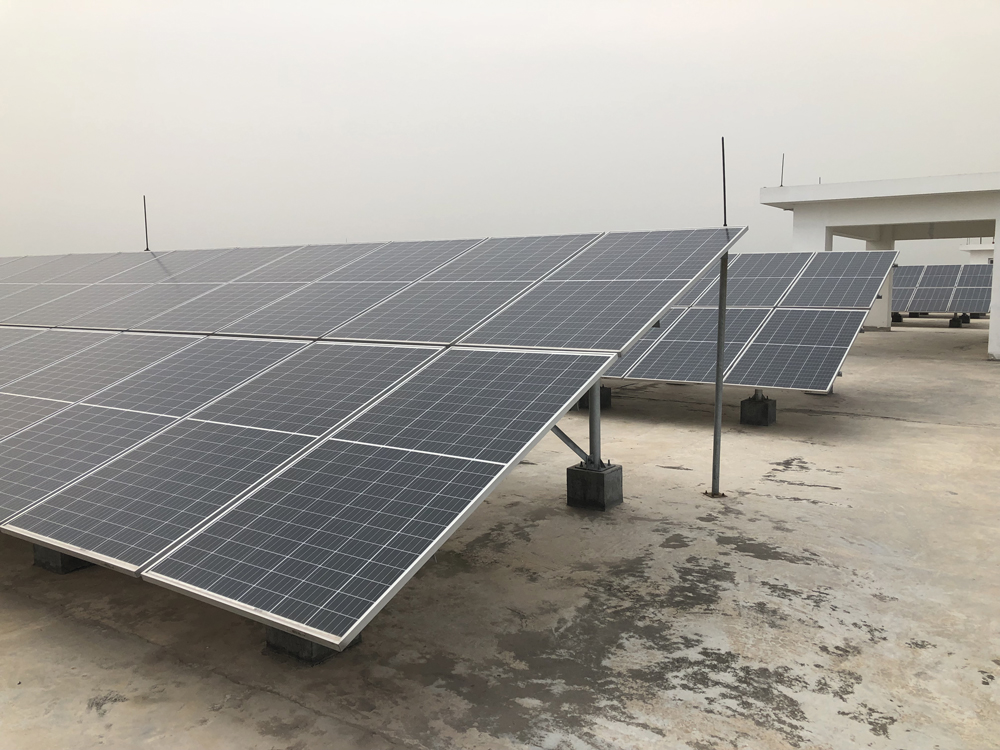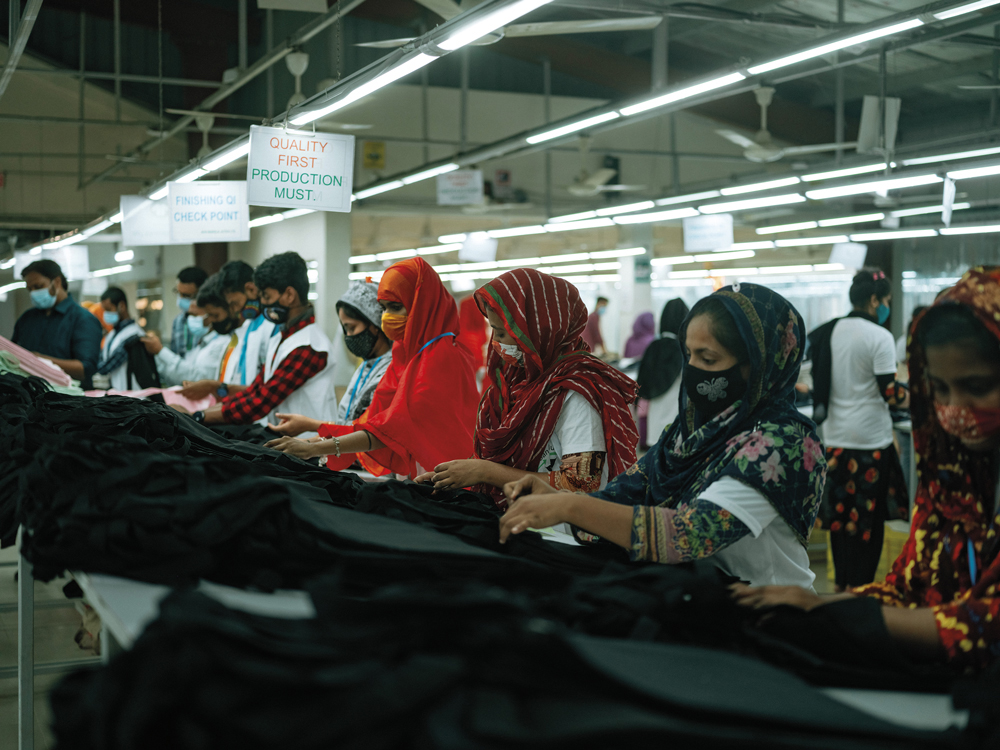OUR PATH TO SUSTAINABILITY

"We are an innovative Belgian apparel company producing premium clothing for printing
and decorating and our goal is to contribute to a fully sustainable supply chain.
This webpages show our commitments and the steps we are taking to improve our supply
chain for a healthier planet and happier people.
We like to ‘say what we do and do what we say’, as we believe that sustainability is
first and foremost a question of commitment and transparency. Through the report, we
provide insights into the complex challenges associated with the textile industry, how
we tackle those challenges, and what our future aspirations are.
At Stanley/Stella, we have some ambitious plans for which the road ahead will be long
and winding. We are striving to provide workers in our partner factories (i.e. our Tier
1 suppliers) with a living wage and are working to reduce our carbon footprint across
our supply chain.
Furthermore, we are excited to share the Stanley/Stella Charter, which will be our
guiding framework towards operating as a responsible company in the garment industry."
Jean Chabert
Founder and CEO Stanley/Stella





